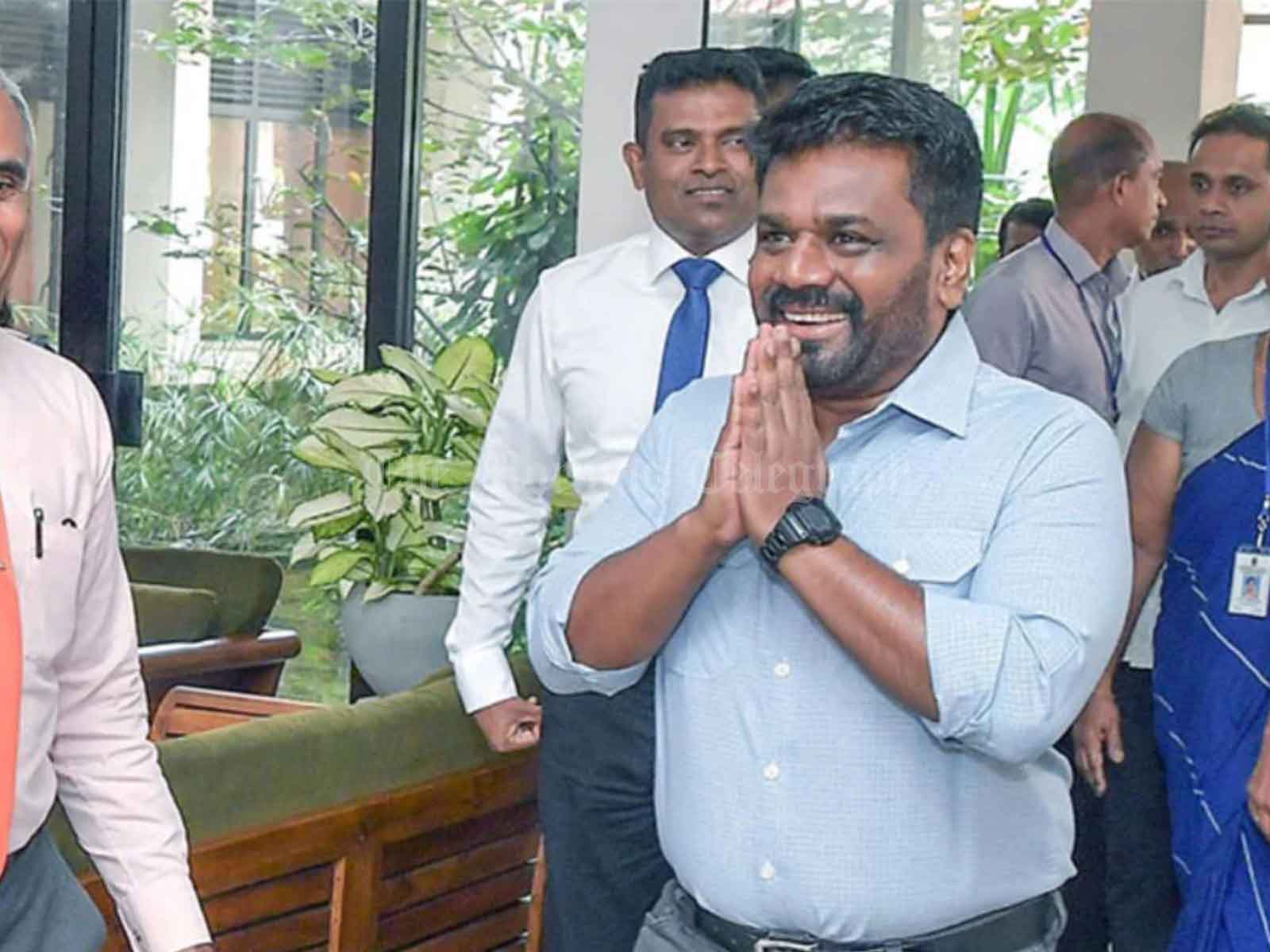
Colombo, October 3, 2024 – President Anura Kumara Dissanayake has pledged to put an end to the corruption and fraud that have contributed to the collapse of Sri Lanka’s economy. Addressing ministry officials after assuming office as Minister of Agriculture, Lands, Livestock, Irrigation, Fisheries, and Aquatic Resources, the President emphasized his commitment to creating an efficient, populist public service that serves the people rather than political interests.
In his first meeting with ministry secretaries and senior officials, Dissanayake underscored the critical role of the Ministry of Agriculture in eradicating rural poverty, stating that the performance of public officials would be the key determinant in achieving this goal. He acknowledged that citizens, frustrated by the inefficiency of the public service and the economic challenges they face, voted in the last presidential election for a new political approach, rejecting the old political culture.
“The people believe that widespread fraud and corruption are responsible for the collapse of the economy, and the mandate given to us is to stop it,” President Dissanayake declared. He called on public servants to honor the trust placed in them by the people, emphasizing the need for them to fulfill their responsibilities properly in the fight against corruption.
The President also reassured public servants that under his administration, they would be protected from the political revenge, unfair transfers, and promotions denials that have plagued the public service in the past. He emphasized the importance of maintaining an efficient public service during this transitional period, ahead of the next general election when new ministers will be appointed.
Dissanayake made it clear that he does not intend to publicly reprimand officials through the media, as previous leaders have done, opting instead for a dignified approach to improve the public service while protecting the rights and integrity of government workers.
The President’s message was one of optimism and reform, signaling a new chapter for the public service and a fresh approach to addressing the economic challenges facing the country.




